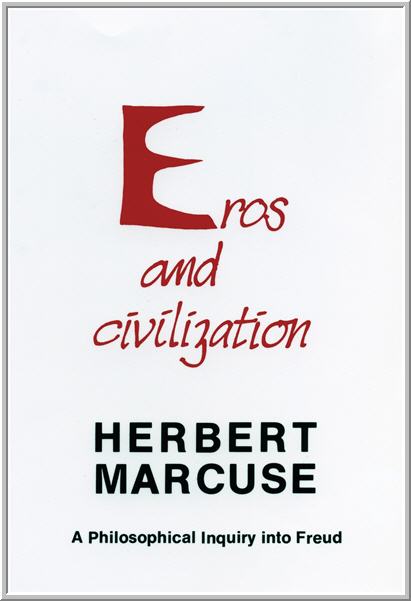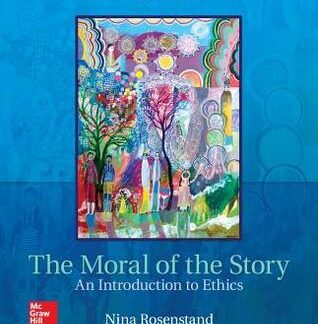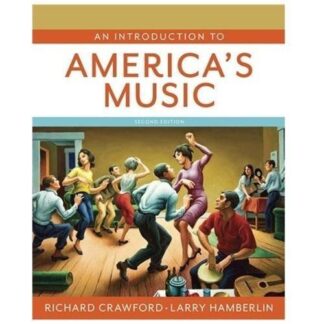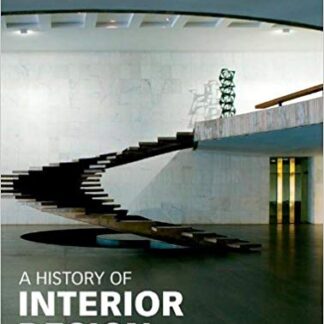Description
Eros and Civilization : A Philosophical Inquiry into Freud by Herbert Marcuse, ISBN-13: 978-0807015551
[PDF eBook eTextbook]
- Publisher: Beacon Press; 8th edition (September 15, 1974)
- Language: English
- 304 pages
- ISBN-10: 9780807015551
- ISBN-13: 978-0807015551
In this classic work, Herbert Marcuse takes as his starting point Freud’s statement that civilization is based on the permanent subjugation of the human instincts, his reconstruction of the prehistory of mankind – to an interpretation of the basic trends of western civilization, stressing the philosophical and sociological implications.
Table of Contents:
PREFACE TO FIRST EDITION
INTRODUCTION 3
PART I: UNDER THE RULE OF THE REALITY PRINCIPLE
1. The Hidden Trend in Psychoanalysis 11
Pleasure principle and reality principle
Genetic and individual repression
“Return of the repressed” in civilization
Civilization and want: rationalization of renunciation “Remembrance of things past” as vehicle of liberation
2.The Origin of the Repressed Individual (Ontogenesis) 21
The mental apparatus as a dynamic union of opposites
Stages in Freud’s theory of instincts
Common conservative nature of primary instincts
Possible supremacy of Nirvana principle
Id, ego, superego
“Corporealization” of the psyche
Reactionary character of superego
Evaluation of Freud’s basic conception
Analysis of the interpretation of history in Freud’s psychology
Distinction between repression and “surplus-repression”
Alienated labor and the performance principle
Organization of sexuality: taboos on pleasure
Organization of destruction instincts
Fatal dialectic of civilization
3. The Origin of Repressive Civilization (Phylogenesis) 55
“Archaic heritage” of the individual ego
Individual and group psychology
The primal horde: rebellion and restoration of domination
Dual content of the sense of guilt
Return of the repressed in religion
The failure of revolution
Changes in father-images and mother-images
4. The Dialectic of Civilization 78
Need for strengthened defense against destruction
Civilization’s demand for sublimation (desexualization)
Weakening of Eros (life instincts); release of destructiveness
Progress in productivity and progress in domination
Intensified controls in industrial civilization
Decline of struggle with the father
Depersonalization of superego, shrinking of ego
Completion of alienation
Disintegration of the established reality principle
5.Philosophical Interlude 106
Freud’s theory of civilization in the tradition of Western philosophy
Ego as aggressive and transcending subject
Logos as logic of domination
Philosophical protest against logic of domination
Being and becoming: permanence versus transcendence
The eternal return in Aristotle, Hegel, Nietzsche
Eros as essence of being
PART II: BEYOND THE REALITY PRINCIPLE
6. The Historical Limits of the Established Reality Principle 129
Obsolescence of scarcity and domination
Hypothesis of a new reality principle
The instinctual dynamic toward non-repressive civilization
Problem of verifying the hypothesis
7. Phantasy and Utopia 140
Phantasy versus reason
Preservation of the “archaic past”
Truth value of phantasy
The image of life without repression and anxiety
Possibility of real freedom in a mature civilization
Need for a redefinition of progress
8.The Images of Orpheus and Narcissus 159
Archetypes of human existence under non-repressive civilization
Orpheus and Narcissus versus Prometheus
Mythological struggle of Eros against the tyranny of reason — against death
Reconciliation of man and nature in sensuous culture
9. The Aesthetic Dimension 172
Aesthetics as the science of sensuousness
Reconciliation between pleasure and freedom, instinct and morality
Aesthetic theories of Baumgarten, Kant, and Schiller
Elements of a non-repressive culture
Transformation of work into play
10. The Transformation of Sexuality into Eros 197
The abolition of domination
Effect on the sex instincts
“Self-sublimation” of sexuality into Eros
Repressive versus free sublimation
Emergence of non-repressive societal relationships
Work as the free play of human faculties
Possibility of libidinous work relations
11. Eros and Thanatos 222
The new idea of reason: rationality of gratification
Libidinous morality
The struggle against the flux of time
Change in the relation between Eros and death instinct
EPILOGUE: Critique of Neo-Freudian Revisionism 238
INDEX 275
Herbert Marcuse (1898-1979) was born in Berlin and educated at the universities of Berlin and Freiburg. He fled Germany in 1933 and arrived in the United States in 1934. Marcuse taught at Columbia, Harvard, Brandeis, and the University of California, San Diego, where he met Andrew Feenberg and William Leiss as graduate students. He is the author of numerous books, including One-Dimensional Man and Eros and Civilization.
What makes us different?
• Instant Download
• Always Competitive Pricing
• 100% Privacy
• FREE Sample Available
• 24-7 LIVE Customer Support





